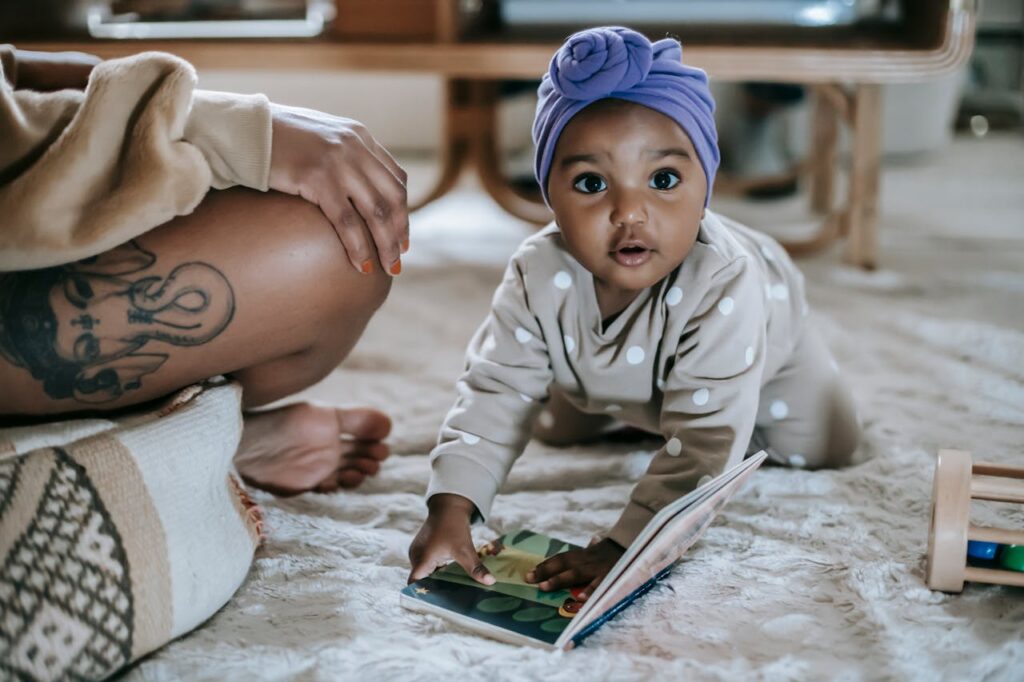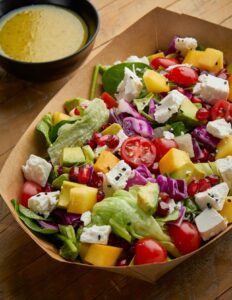Labeling is something we all do every day, often without realizing it—whether it’s about a friend, a coworker, or a child. While it may seem harmless, the damage of labeling can have lasting effects, especially on children. These labels can shape how kids see themselves and impact their confidence. In this post, we’ll explore why labeling is harmful and how we can stop it, creating a more positive and supportive environment for children.
Raising My Kids Without Labels
Growing up, I often heard words like “shy,” “cold,” “ugly,” and “stupid” from those around me, especially my own family. These labels had lasting damage on my confidence and changed the way I saw myself. Over time, I began to believe them, making it even harder to see my true worth. It took me years to break free from these negative beliefs, and the damage of labeling was something I had to work hard to undo.
When I became a mother, I promised myself that my daughters would not go through the same experience. I made sure to create a home where they felt supported and encouraged, without the weight of harmful labels. I wanted them to grow up knowing their worth, free to develop their own identities without being boxed in by words that could limit them.
What Is Labeling?

Labeling is when we describe children in a way that puts them into a fixed category. It can be positive or negative, like calling a child “smart,” “lazy,” “bossy,” or “shy.” These words may seem harmless, but they can stick with kids and shape how they see themselves. Over time, they may start acting according to these labels, even if it limits their potential.
Many people don’t realize they are labeling children. It happens in everyday conversations—parents, teachers, and even friends use labels without thinking. Saying things like “You’re so bad at math” or “She’s the quiet one” may seem small, but these words can leave a lasting impact.
Instead of helping, labels can hold children back, making them believe they can’t change or grow. That’s why understanding the damage of labeling children is so important.
How to Avoid the Damage of Labeling Kids
Labeling can influence how children see themselves, often in damaging ways that limit their growth. To prevent this, we can take simple yet meaningful steps to support their confidence and development. Here are some effective ways to stop labeling:

1. Be Mindful of Your Words
The first step in stopping labeling and preventing the damage to children is to be mindful of how we describe them. Instead of using labels like “shy” or “lazy,” focus on their behavior in a way that encourages growth.
For example, if a child is quiet, you can say, “You like to observe before speaking,” rather than labeling them as shy. Small changes like this help children see themselves in a more positive and flexible way.
2. Focus on Effort, Not Fixed Traits
Rather than praising a child with labels like “smart” or “talented,” focus on their hard work and perseverance. While positive labels may seem encouraging, they can still create pressure and limit a child’s growth.
A child who is constantly told they are “smart” may fear failure and avoid challenges to protect that image. They might believe their intelligence is fixed and hesitate to take risks or try new things.
Instead, saying, “I love how much effort you put into that” teaches them that their abilities can grow with effort. This helps them develop a strong work ethic and a mindset that embraces learning, rather than feeling stuck in a label that defines their worth.
3. Encourage Growth and Self-Discovery
Give children the freedom to explore new interests and skills without feeling boxed in by the damaging effects of labeling. When kids believe they are only good at certain things, they may avoid trying something new.
If a child struggles with something, remind them that learning takes time and that mistakes are part of growth. This helps them build confidence and resilience instead of feeling discouraged.
Encouraging a growth mindset prevents the harm of labeling by teaching children that abilities can improve with effort. When kids see challenges as opportunities instead of proof of a fixed trait, they develop perseverance. By supporting their curiosity and effort, we allow them to grow into their full potential without the limits of labels.
4. Create a Positive and Supportive Environment
Children thrive when they feel valued for who they are, not how they are labeled. When we take the time to listen to their thoughts and feelings, they feel heard and understood. Encouraging their unique interests and strengths helps them develop a strong sense of self. Instead of placing labels on them, we can support their growth by recognizing their efforts and progress.
By avoiding damaging labels and offering encouragement instead, we help children build confidence and resilience. When children feel supported and free to explore, they develop a positive self-image and the belief that they can achieve anything they set their minds to.
Preventing the Damage of Labeling Children

In the end, the damaging effects of labeling children can be long-lasting. Therefore, it’s our responsibility to protect our children by being mindful of the words we choose. By creating a positive environment free from harmful labels, we can stop labeling and help our kids build confidence and reach their full potential.
When we focus on their efforts and growth, children learn to embrace challenges and see themselves as capable. With the right support, they can become resilient, adaptable individuals, free from the limits of labels. Let’s commit to nurturing their self-worth and helping them thrive without being defined by labels.
To learn more about being a good parent and how it impacts your children’s growth, be sure to check out our post on the topic.














